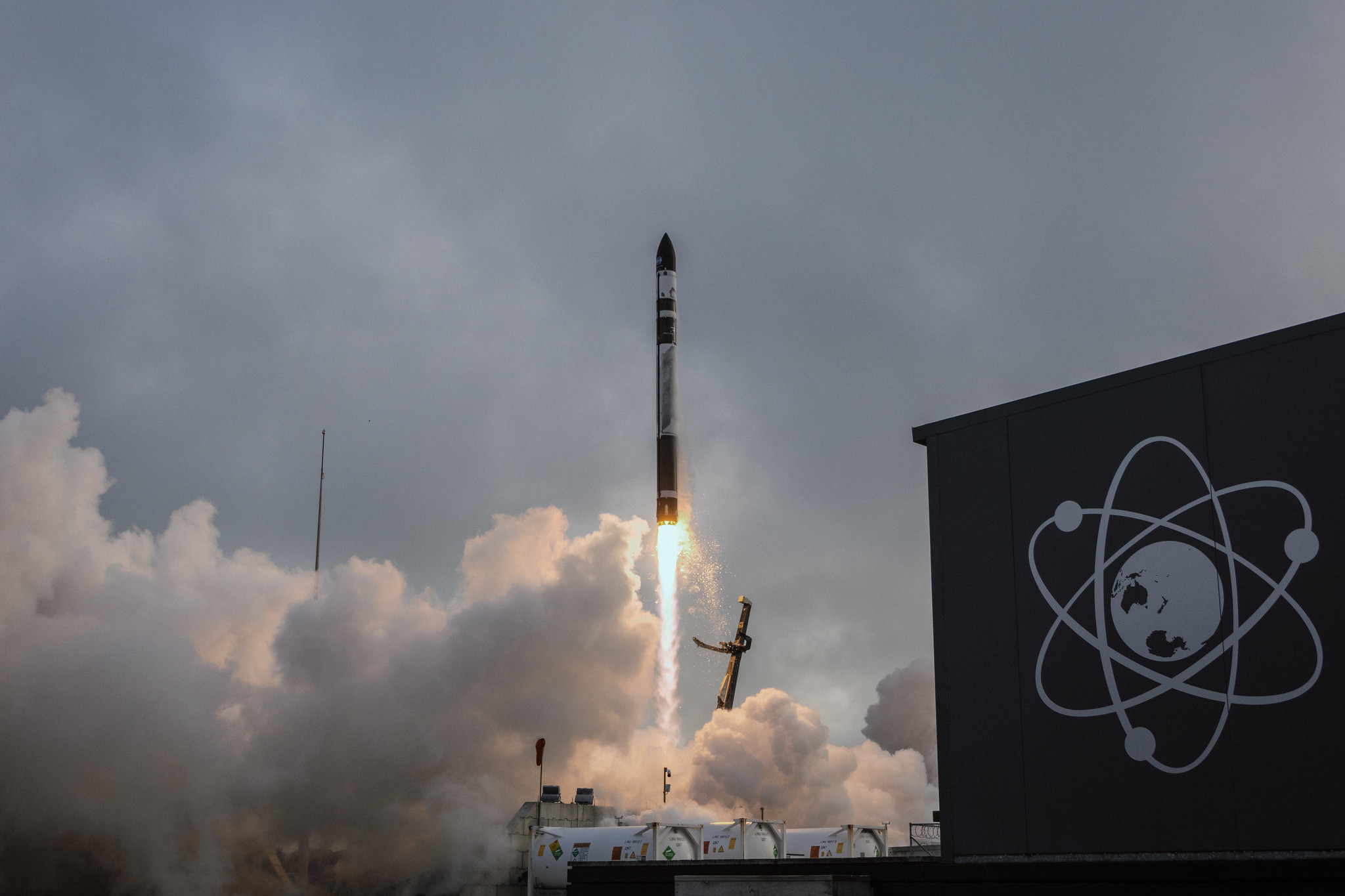The rocket launch company competes with SpaceX and is growing quickly, but is it a good buy today?
Over the past few decades, a pullback in government-run space projects has opened the door for the private sector to push the boundaries of what’s possible. Technological advancements have made space exploration more accessible, and according to Morgan Stanley, the space economy has the potential to grow to $1 trillion by 2040.
Many investors would love to own SpaceX, but the $210 billion company has no plans to go public soon. As an alternative, investors may want to consider Rocket Lab USA (RKLB 4.18%), a company that accomplished the second-highest number of space launches behind SpaceX last year.
Rocket Lab made its publicly traded debut in 2021 and surged as high as $21 per share. However, the stock remains 67% below its all-time high value and is priced at $7 per share today. If you’re bullish on the space economy, Rocket Labs may be one stock you’re interested in. But there are a few things you should know first.
Rocket Lab’s space chase
Rocket Lab develops and operates orbital rockets and provides launch services for customers who want to put satellites into orbit. Its flagship vehicle, Electron, facilitates frequent, cost-effective trips and has made 42 missions for government and commercial customers since 2017.
Last year, Electron was the second-most-used orbital rocket in the United States, trailing behind SpaceX’s Falcon launch vehicles. During the year, Rocket Lab made nine successful launches. However, this pales in comparison to SpaceX, which accounted for 98, or around 90%, of the total launches in the U.S.
Image source: Rocket Lab.
Rocket Lab needs to catch up with SpaceX. One of the most significant differences between the two companies’ launch vehicles is their carrying capacity. Rocket Lab’s Electron vehicle can carry 250 kilograms, while SpaceX’s Falcon can carry 10 times that amount.
To better compete with SpaceX, Rocket Lab is working on its Neutron launch vehicle. This rocket should increase its payload capacity to 15,000 kilograms and will better meet the needs of larger civil and defense payloads. With a larger carrying capacity, Rocket Lab should be able to boost its gross margin and get closer to positive free cash flow.
The company has been working on its Neutron rocket since 2021. The first launch of this vehicle was expected by this year, but that timeline has been pushed back to mid-2025 at the earliest. CFO Adam Spice said the company anticipates spending $250 million to $300 million in total on the development of Neutron.
Be mindful of Rocket Lab’s finances
Government contracts are a big part of Rocket Lab’s business. Late last year, the U.S. Space Force awarded Rocket Lab a $515 million contract to design, build, and operate 18 satellites.
The company earned additional contracts this year, including one for $32 million from the U.S. Space Force for a “tactically responsive space” mission. In this mission, the company will design and build a spacecraft and then launch it on its Electron vehicle with just 24 hours’ notice.
Government contracts provide the company with revenue over the next several years, which can help fund its ongoing research and development. They also provide the company with credibility and allow it to prove itself, giving it the potential to earn larger contracts down the road.

RKLB Revenue (TTM) data by YCharts.
However, the company continues to be a money-losing operation. Over the past 12 months, it earned $327 million in revenue but posted a net loss of $177 million.
On top of that, many analysts don’t see it becoming cash flow positive until 2026, assuming it begins regular launches of its Neutron rocket. In the meantime, Rocket Lab will continue to burn cash. It currently has around $500 million in cash and short-term investments.
Is Rocket Lab right for you?
Investing in Rocket Lab today is risky and should be reserved only for investors with a high tolerance for risk and a long time horizon.
If you’re skeptical, add it to a watchlist and keep a close eye on the progress of its Neutron launch. If the company experiences any further delays with its rocket, it could push back the timeline for positive cash flow projections, which is crucial when investing in up-and-coming, cash-burning growth stocks.
Perhaps you are bullish on the space sector and wish to have some exposure to this potential fast-growing market segment. In that case, a prudent approach would be to start a small position in Rocket Labs and only add to it over time as it hits key milestones, including launching its Neutron rocket and earning additional government and commercial contracts.

